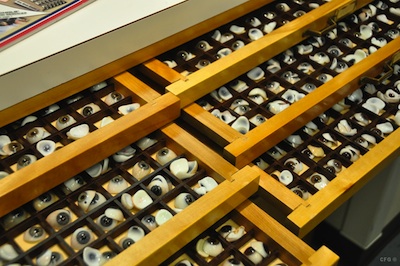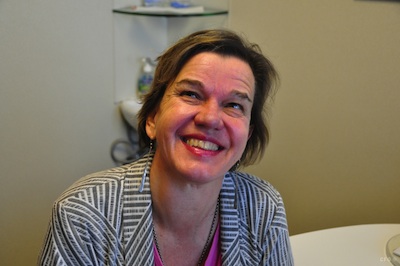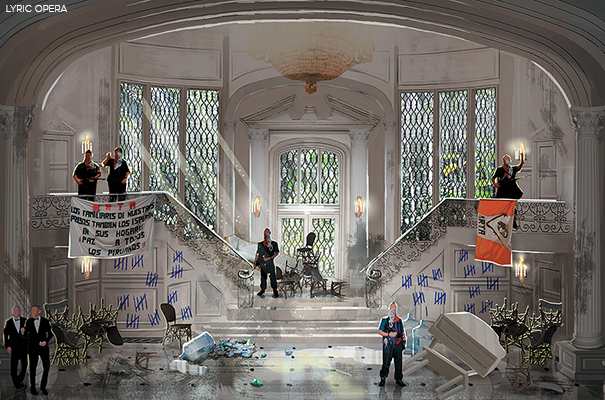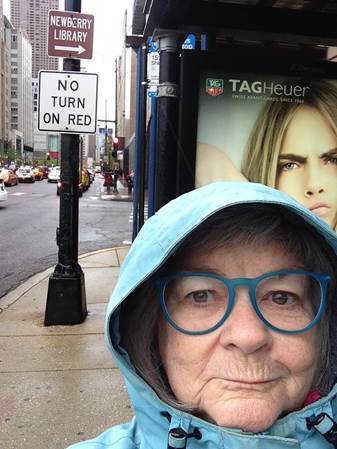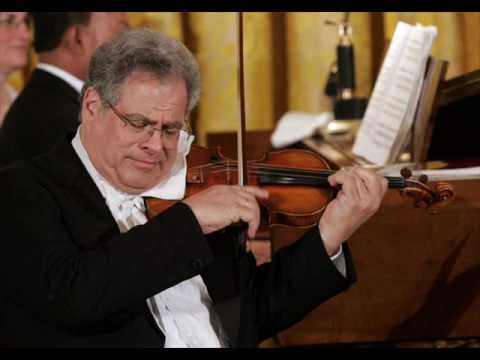What to get for the 10-year-old who has everything: fake eye polish
December 18, 2015 • 19 Comments • Posted in blindness, guest blog, UncategorizedDecember 21 is our great-niece Floey’s tenth birthday, and I’m giving her the gift of a lifetime: on Monday she’ll come along to watch an ocularist polish her Great Aunt Beth’s fake eye.
Eye surgeons did all they could to restore my vision when retinopathy set in thirty years ago. One of my eyes is still intact, but the other one shrunk so much from all the surgeries that I can’t hold that eyelid open.
I wear a prosthesis in that eye, every once in a while it needs a polish, and Floey is the lucky girl who gets to come along with me Monday and see how its done.
The best way I could think of to prepare Floey for what she’s in for on her birthday was to send her the link to a guest post our friend Charlie Gullett wrote four years ago when he accompanied me on a visit to the ocularist. I reread his post before sending it Floey’s way. It was so good that I thought it worth publishing here again. With any luck we can get Floey to write a guest post with her impressions once her birthday is over, but for now…here’s Charlie.
A trip to the ocularist
Between Harper’s retirement and Whitney’s training, I had the great opportunity to accompany Beth as her “Seeing Eye Chuck” for a visit to the ocularist. The ocularist, as I learned, is the place to go when you need a new glass eye or just a little glass eye maintenance. The ocularist’s office, on the 16th floor of the Garland Building in Chicago, has a spectacular view of Lake Michigan, Millennium Park and Navy Pier. Ironically, the hundreds of eyes in the office are all neatly arranged in drawers and never able to enjoy the view.
On this visit, Beth was going in for a routine cleaning. As an observer, the process is fairly straightforward…
1) Remove glass eye with a device that looks like a miniature Nerf suction cup dart.
2) Try not to make an immature sucking sound as the eye is being removed.
3) Sit back and chat until the eye returns from the onsite laboratory, which I pictured to be somewhat like Grandpa’s lab from the “Munsters.”
When the ocularist returned with the beautifully polished eye, I asked a few questions and Beth talked him into showing me the lab and explaining the cleaning process. What I got was an enthusiastic lesson in the history, making and care of the good ol’ ocular prosthesis, or what we commonly refer to as a glass eye. First off, the eye is not even made of glass. Modern glass eyes are actually made of acrylic, which is extremely durable and more cost effective to manufacture.
The guys in the lab area told me about the heroic GI’s returning from WWII having a large demand for glass eyes. The glass eyes would tend to break by accident or “accidentally” around the time a GI wanted to visit the big city. A shortage in high quality imported glass and the cost of replacement eyes prompted the government to find a better material to make artificial eyes. Now, we have the modern version in durable acrylic.
To give you an idea of how durable the eyes are, Beth has had the same peeper for 25 years and the last time she had it polished was 4 years ago. Each eye is hand crafted for its owner and is a true piece of art. I looked through the drawers of sample eyes and the level of detail is really stunning. The blood vessels are recreated with silk threads while the pupil and iris take laborious hours to hand paint so they look realistic. The ocularist had notes from Beth’s last two visits where they recommended that she get fitted for a new eye, but Beth just smiled and said, “Yeah, I kinda like this one.” I like that one, too. I had no idea that Beth even had a glass eye. One eye is real and one is not. You can try to guess which is which, but good luck.
Anyway, I also learned that the cleaning/ polishing process is much like polishing jewelry. There is a buffing wheel and several different compounds to remove build-up and leave a nice smooth surface. The ocularist works the eye until it is just right, then rinses it off and you are ready to go. I associate the feeling of a freshly polished glass eye like the smoothness your teeth have after a visit to the dentist.
All in all, it was a great afternoon. I got to spend some quality time with a friend, feed my odd curiosity with something out of the ordinary and learn something new. Anytime Whitney needs a day off, I’ll be happy to help out.
